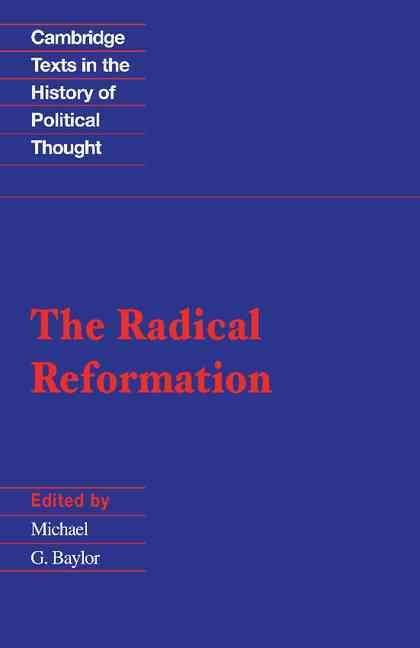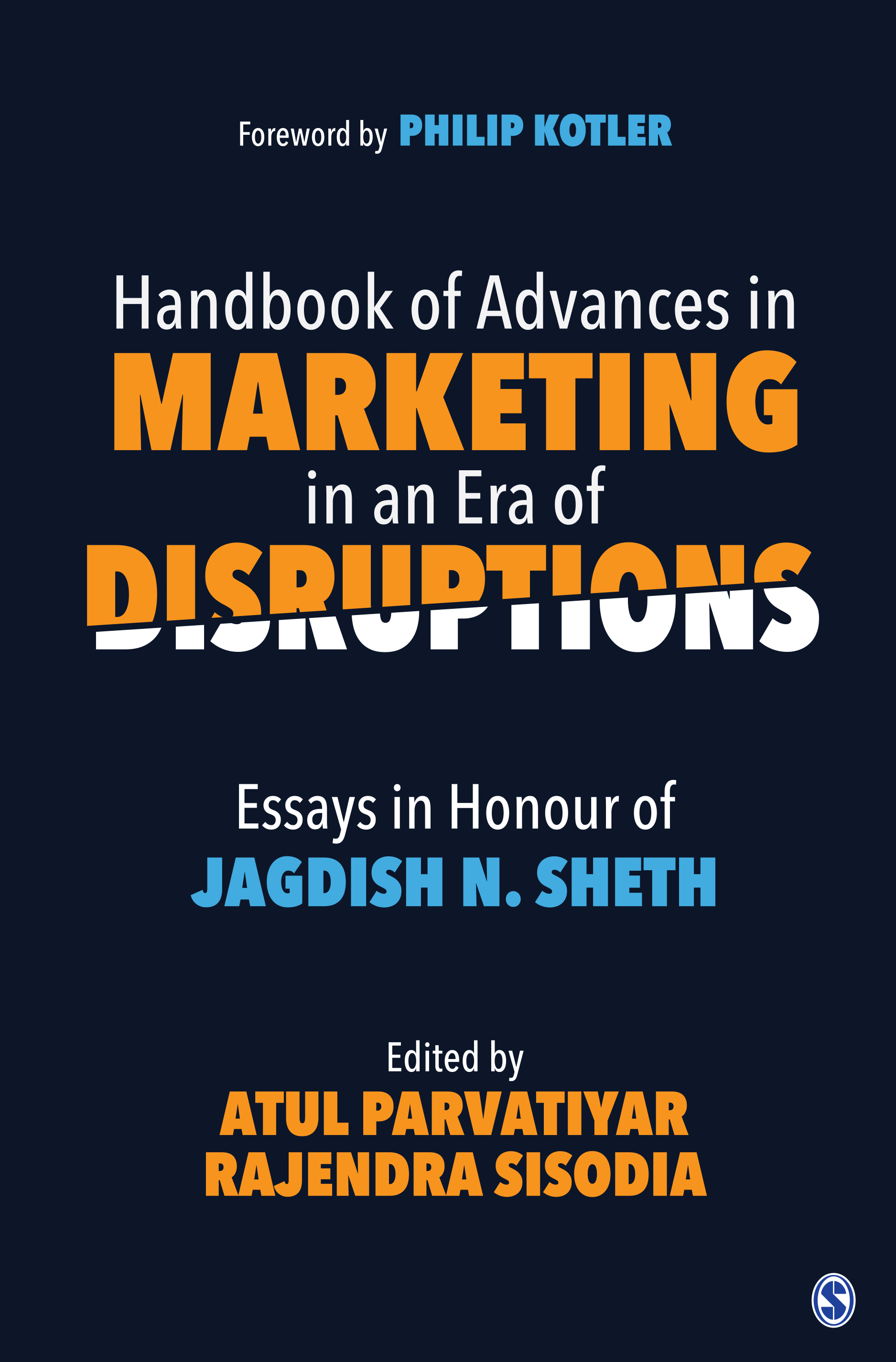This book is a collection of writings by early Reformation radicals that illustrates both the diversity and the areas of agreement in their political thinking. The texts are drawn from the period 1521-1527, centering on the German Peasants’ War of 1524-1526. The thinkers represented–Muntzer, Karlstadt, Grebel, Hut, Denck, and others–differed on important theological issues, yet all rejected the magisterial Reformation as serving the interests of society’s elites. They advocated a strategy of Reformation from below, a sweeping transformation of society to the benefit of the lay commoner and the local community. With the start of the Peasants’ War, radicals divided over the issue of the legitimacy of force. This division shaped the ways in which they confronted the failure of the Peasants’ War and the new strategies for survival developed in its aftermath. Appended to the texts are a number of political programs of the Peasants’ War. These documents illustrate ways in which the radicals contributed to the uprising, and how the war itself led to greater clarity in the political theory of the radical Reformation.












